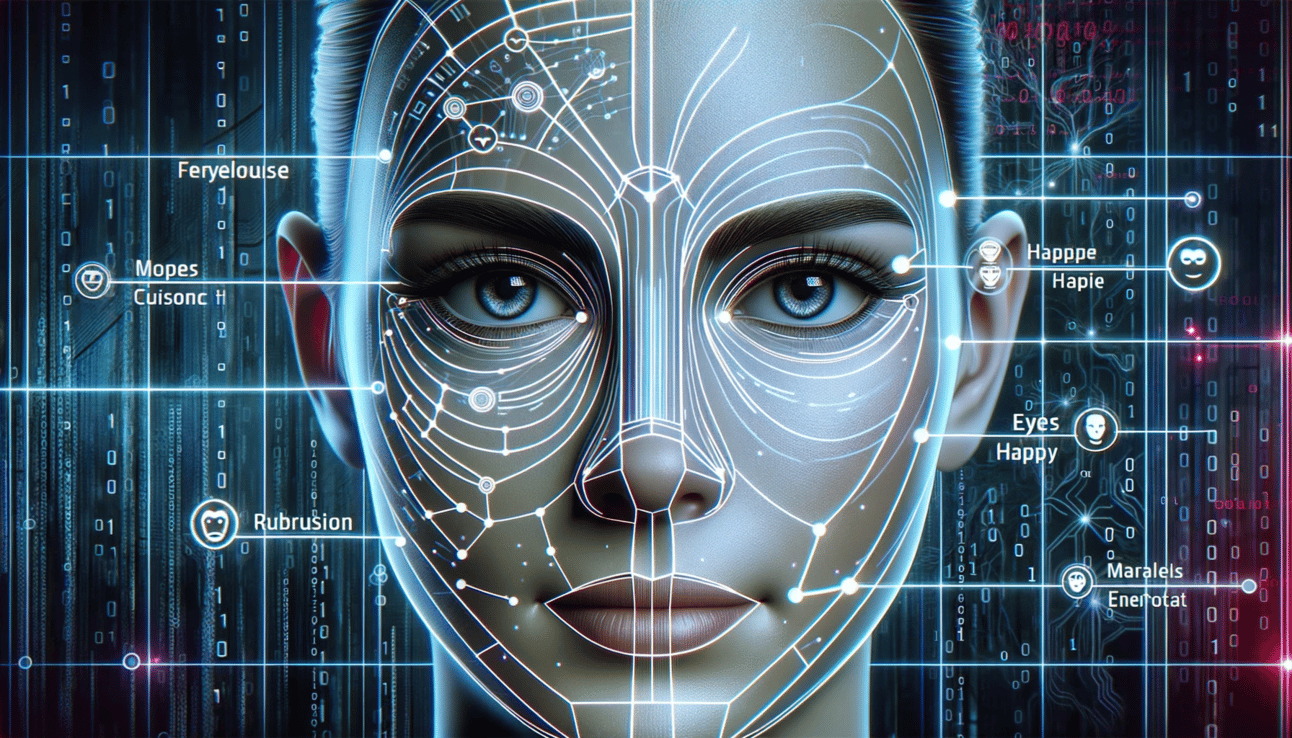
Welcome, AI Enthusiasts.
The term "artificial intelligence" emerged in 1955, and various scientists are considered fathers of AI, including Rosenblatt, Turing, and others. However, progress in AI has faced challenges and setbacks, including funding cuts in the 1970s.
This week, LAION, the nonprofit building image and text data sets for training generative AI, including Stable Diffusion, announced the Open Empathic project.
In today’s issue:
🤖 Origins of Artificial Intelligence
😯 Stable Diffusion's Initiative
🛠️ 3 New AI tools
💻 Custom prompts in ChatGPT and DALL-E 3
🤖 3 Quick AI updates
Read time: 4 minutes.
LATEST HIGHLIGHTS

Image source: DALL-E 3
To recap: In 1958, psychologist Frank Rosenblatt introduced the Perceptron, considered the first neural network, and since then, AI has made remarkable progress, culminating in the development of generative AI models like ChatGPT. However, the computational and environmental costs associated with these advancements have raised concerns about their sustainability.
The details:
In 1958, psychologist Frank Rosenblatt introduced the Perceptron, often considered the first neural network, marking the early days of AI.
The development of generative AI models, such as ChatGPT, powered by transformers, has revolutionized AI by enabling it to generate text, art, music, and more.
The environmental impact of training these advanced AI models, with their high computational requirements, has raised concerns about sustainability and carbon emissions.
Here is the key takeaway: The key takeaway is that AI has come a long way since its inception in the 1950s, with significant advancements in neural networks, deep learning, and generative AI models. These developments have transformed the field but also come with environmental concerns due to their substantial computational requirements.

Image source: DALL-E 3
In Summary: The nonprofit group behind the Stable Diffusion data set, LAION, is launching the Open Empathic project to bring emotion-detecting capabilities to open source AI systems by crowdsourcing audio clips for training. While promising for various applications, the project faces challenges related to the accuracy and ethical implications of emotion detection in AI.
Key points:
The launch of the Open Empathic project by LAION, a nonprofit group associated with the Stable Diffusion data set, aiming to incorporate emotion-detecting capabilities into open source AI systems.
The project's recruitment of volunteers to submit audio clips to build a database for training AI to understand human emotions, enabling more authentic and empathetic human-AI interactions.
Challenges in the field of emotion detection AI, including the lack of universal emotion markers and issues related to bias in training data.
The importance of transparency, community involvement, and ethical considerations in developing emotion-detecting AI and the belief that these factors will help address potential risks and misuse.
Our thoughts:The Open Empathic project's attempt to infuse emotion-detection capabilities into open source AI systems is a compelling step towards more human-centric AI applications, but it must address the challenges of accurate emotion detection and potential biases while emphasizing ethical practices to ensure responsible use. This initiative aligns with the broader trend of AI democratization, aiming to benefit society while prioritizing transparency and diversity in development.
TRENDING TECHS
😎 Moemate- Highly customizable AI studio featuring lifelike characters with skills such as screen perception, web search, selfie and image-gen.
🤖 Raycast- Raycast is a blazingly fast, totally extendable launcher. It lets you complete tasks, calculate, share common links, and much more.
🦄 Remotebase- A marketplace that matches startups with the top 1% of software engineering talent.
AI DOJO
Learning Path Creator:
Prompt: "Create a personalized learning path to become proficient in machine learning, including resources, courses, and projects to work on over a 12-month period."
🖼 DALL-E 3-
Historical Event Illustrator:
Prompt: "Illustrate the signing of the Declaration of Independence in a modern art style."
QUICK BYTES
The article discusses how European startups are looking to harness artificial intelligence (AI) to compete with tech giants from Silicon Valley. Entrepreneurs in Europe, like Arthur Mensch, CEO of Mistral, believe that AI, particularly large language models, can level the playing field and empower European startups to compete with their American counterparts. Despite Europe's skilled workforce and academic talent, it has lagged behind in producing tech giants comparable to Amazon, Google, Facebook, or Apple. The article cites reasons such as historical differences in the tech sector's strength and access to venture capital funding between Europe and the United States. However, the rise in VC funding in European tech and the emergence of new tech areas like AI, climate tech, health, and fintech offer hope for Europe to produce its tech success stories.
The Equity podcast discusses the week's top startup and tech news, including updates on the trial of former FTX CEO SBF, notable deals such as I Own My Data and AgentSync's funding round, and discussions on Carta's CEO addressing criticism, Cruise's self-driving program challenges, and earnings reports from Alphabet and Microsoft with implications for AI software demand in startups. The podcast is available three times a week and covers various tech-related topics.
The financial technology (FinTech) sector has transformed finance by leveraging technology, particularly text data analysis for tasks like sentiment analysis. Artificial Intelligence (AI) plays a crucial role in the examination of financial data, although it encounters difficulties due to data distinctiveness. Large Language Models (LLMs) are skilled in natural language processing and can easily adapt to novel tasks, with Bloomberg's BloombergGPT demonstrating exceptional capabilities in finance-related functions.
SPONSOR US
🦾 Get your product in front of AI enthusiasts
THAT’S A WRAP
